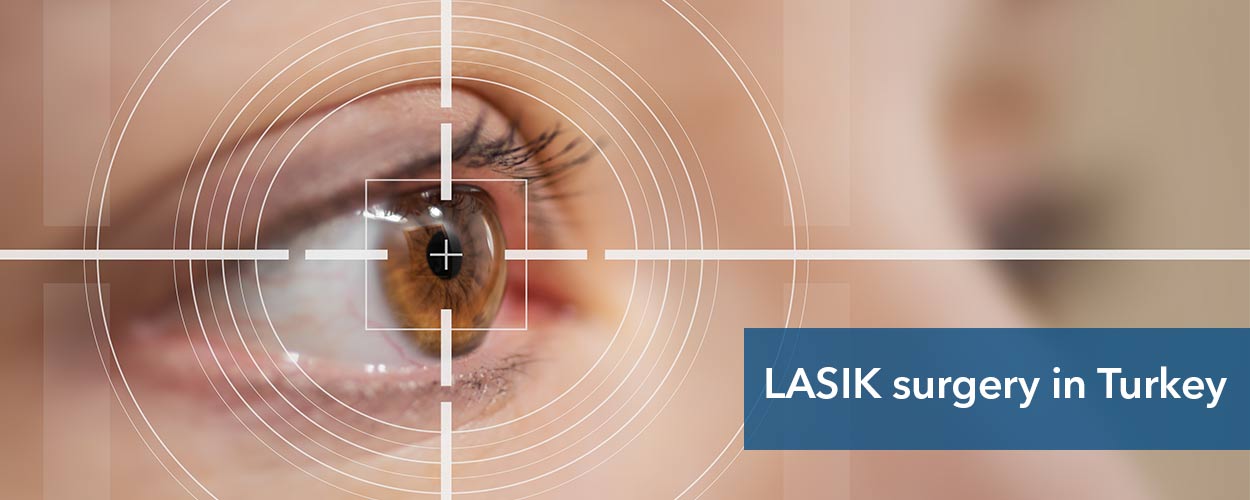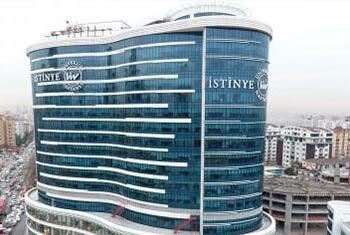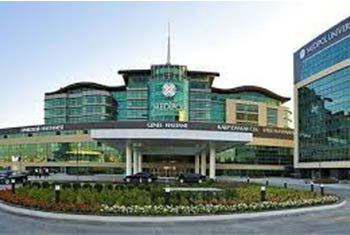Suitable candidates for Laser eye surgery
In general, ideal candidates for LASIK surgery are those who are at least 18 years old and have not experienced any changes in the refractive error within the last year. However, the decision to perform a LASIK surgery depends on the results of a detailed eye exam.
The medical team assess the thickness, grade and biomechanical strength of the cornea during the eye laser examination. The doctor also examines the eye and general health to determine whether there is any condition that may raise the risk of the surgery.
One such problem could be keratoconus, a progressive eye disease characterized by bending forward and thinning of the cornea, the transparent layer in the eye. Other conditions such as cataracts or dry eye syndrome may also lead to contraindications.
The medical team will also assess whether the patient is cross-eyed and perform a detailed retinal examination to check whether there are any cracks or holes in the retina. In case the candidate has cracks and/or holes in the retina, a retinal specialist must be consulted to treat the condition.
LASIK in Turkey is performed using an excimer laser and femtosecond lasers for the treatment of astigmatism, myopia and hyperopia. The doctors with specialized training in the field of laser and intraocular lens surgery perform laser eye surgery.
The patient’s suitability for laser surgery and choice of the type of laser procedure is determined after a detailed examination.
Presently, a LASIK surgery can be used to treat myopia with a diopter value below 10 while for astigmatism and hyperopia, a value below 6. This means the procedure is suitable for people who are 20 – 65 years old, and have glasses strength from -10.00 to +5.00. Patients of 40 years of age or more may consider other procedures called Laser Blended Vision (LBV). For people with glasses strength that is higher than the suitable limit for LASIK, Advanced Surface Ablation (ASA) or an ICL might be considered.
Not suitable for LASIK eye surgery in Turkey
A LASIK surgery cannot be performed in the following cases:
- Patients who have structural defects of the cornea such as keratoconus, corneal dystrophy (the cornea is genetically cloudy) or other
- Corneal thickness is insufficient for the surgery
- Severe dry eye syndrome
- Eye pressure or glaucoma condition
Laser eye surgery is also not recommended if the candidate has uncontrolled diabetes, diseases of connective tissue such as rheumatism, or HIV-positive patients. Also, women who are pregnant or breastfeeding should not undergo laser eye surgery as their hormones may have an effect on the cornea.







